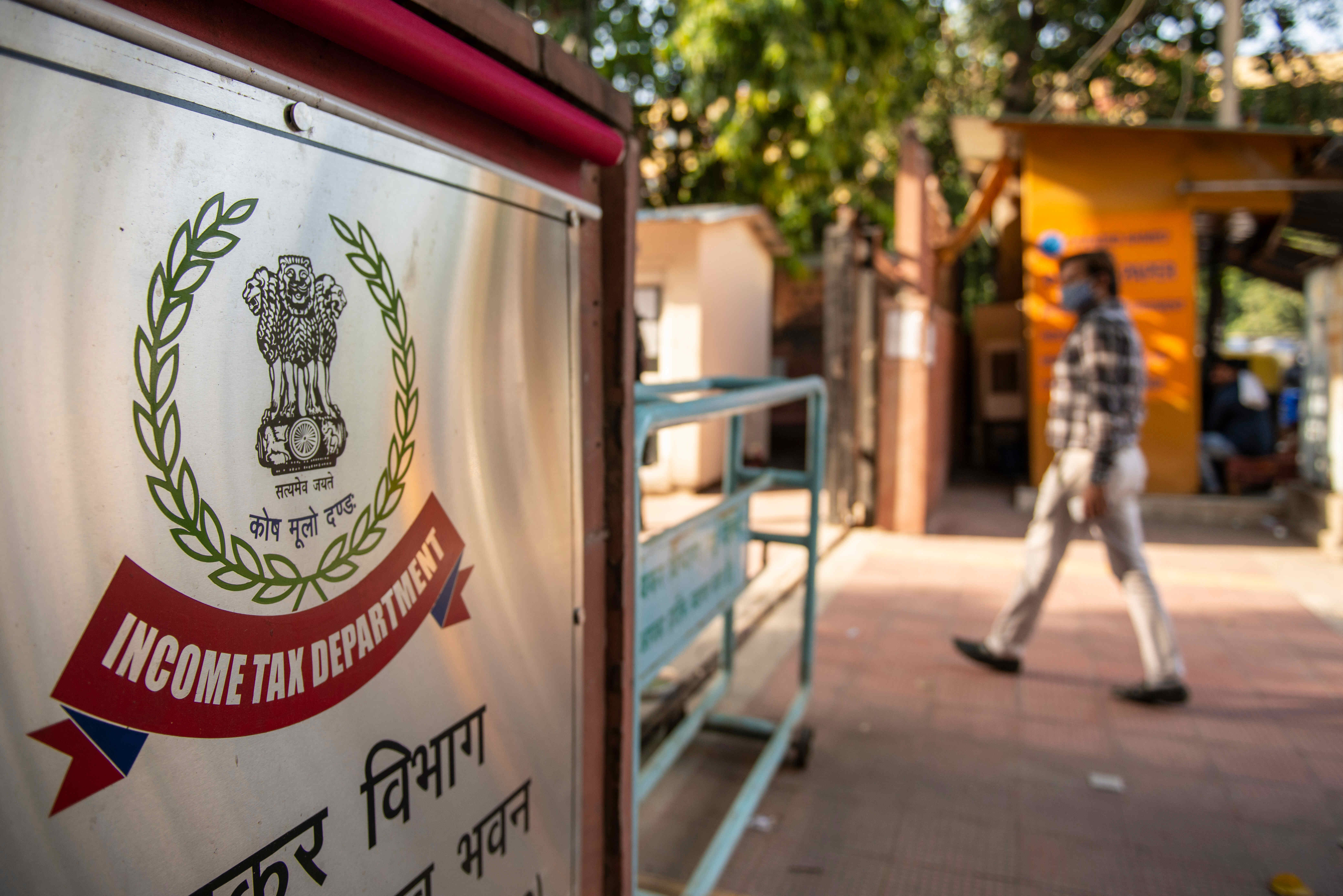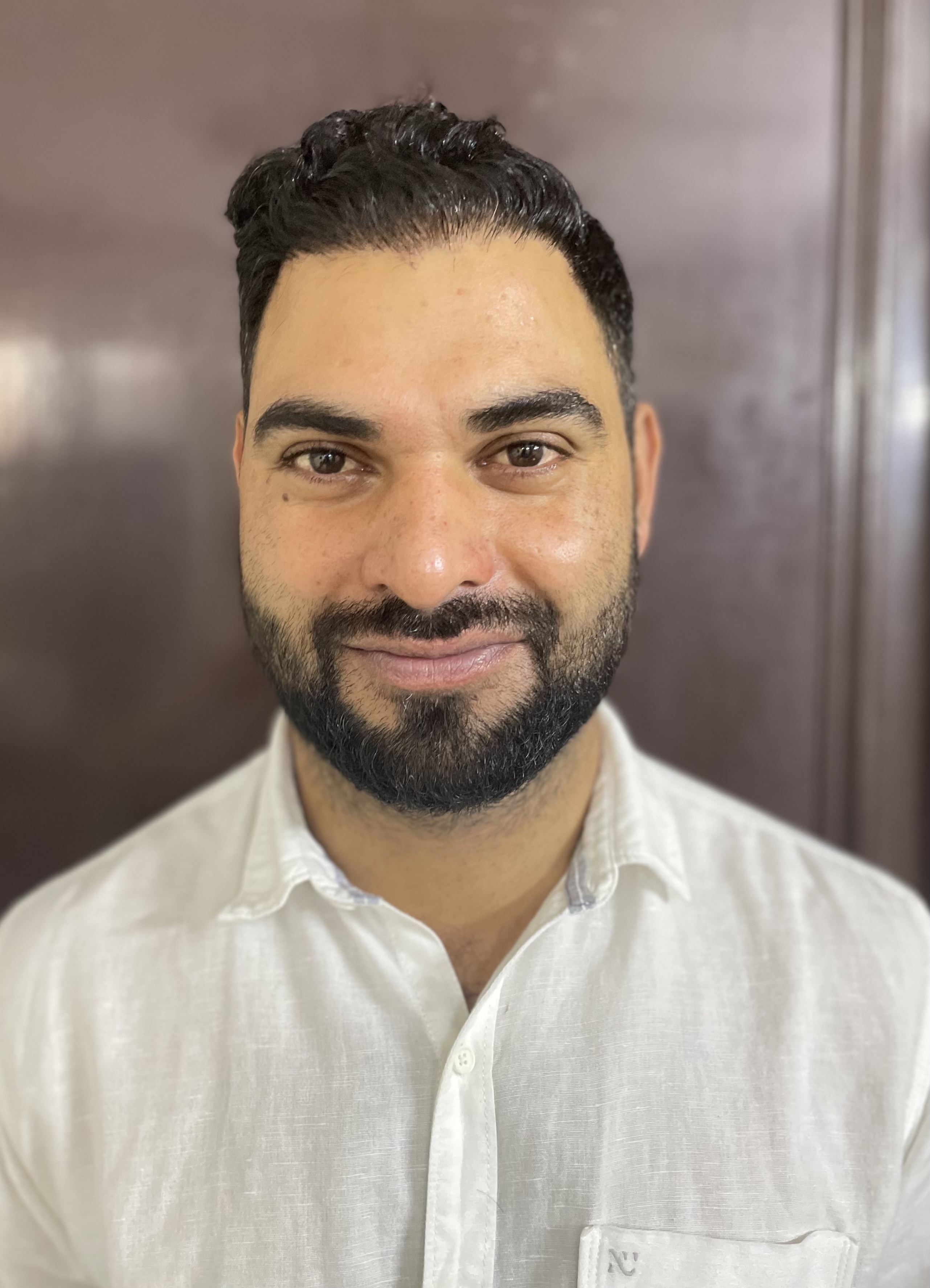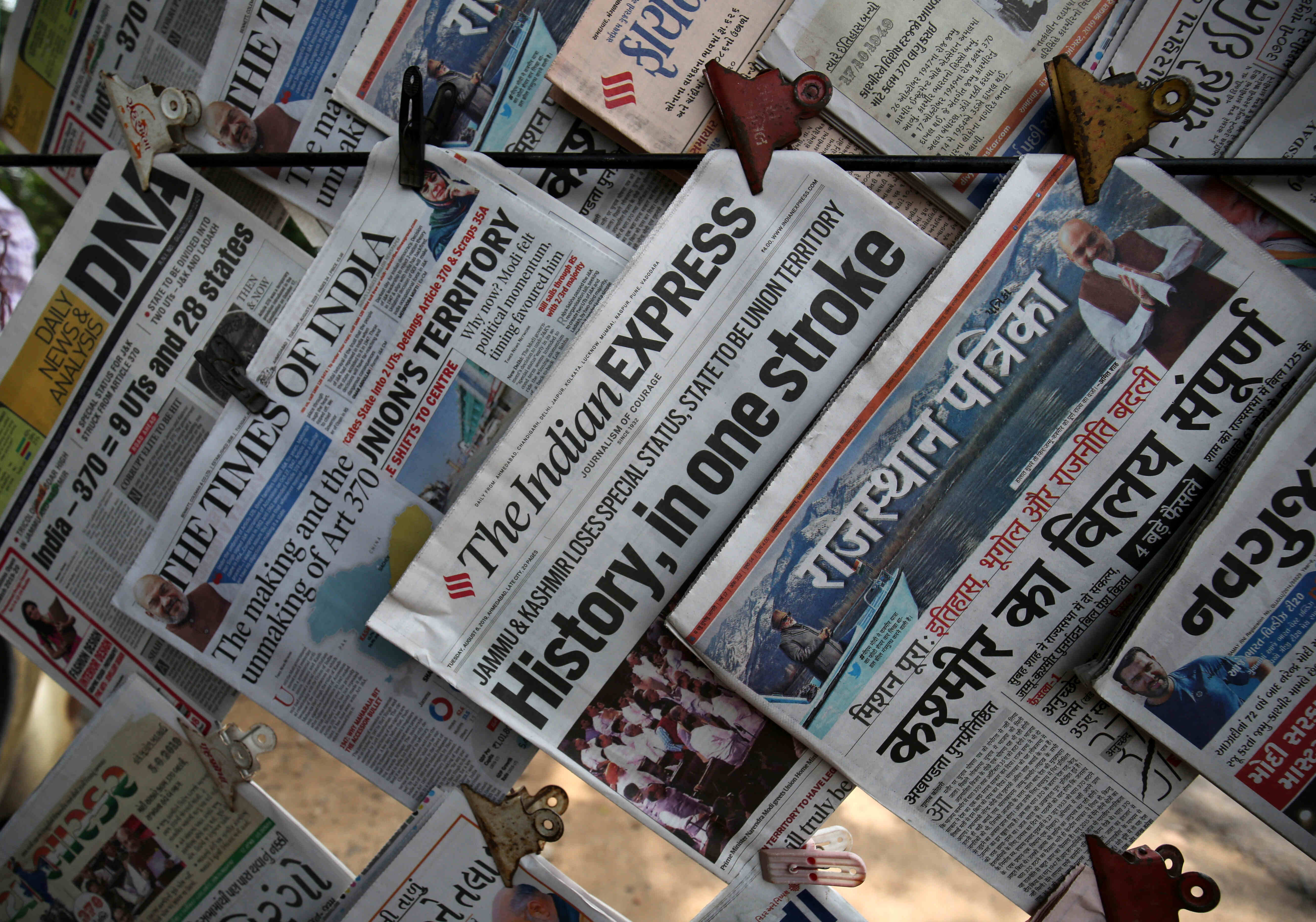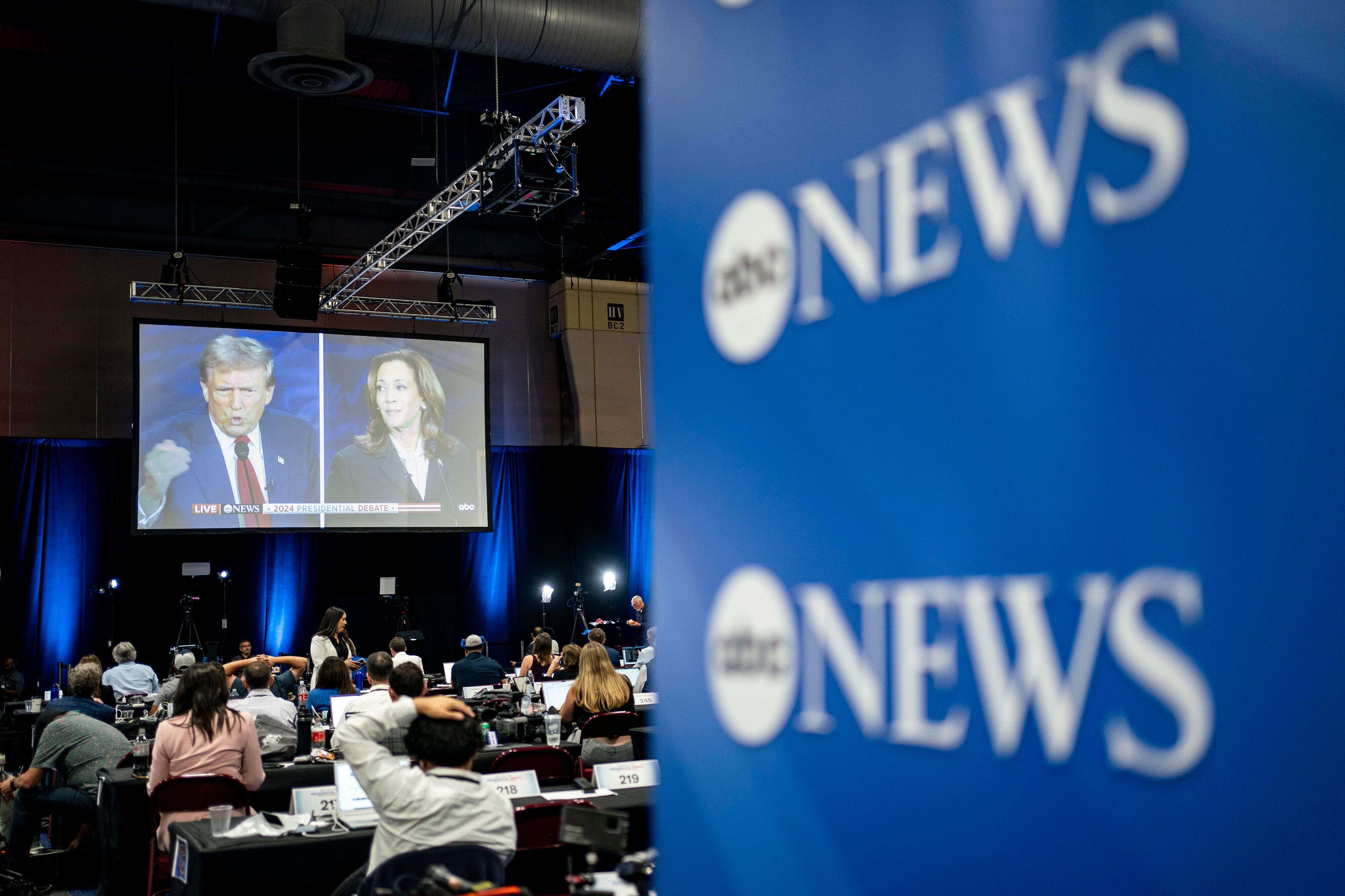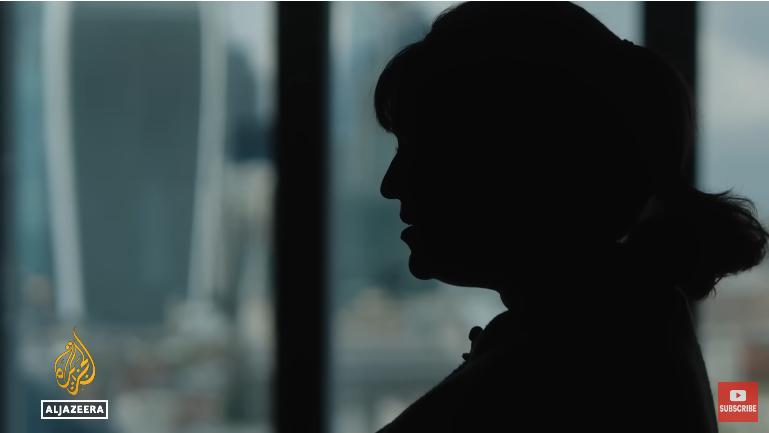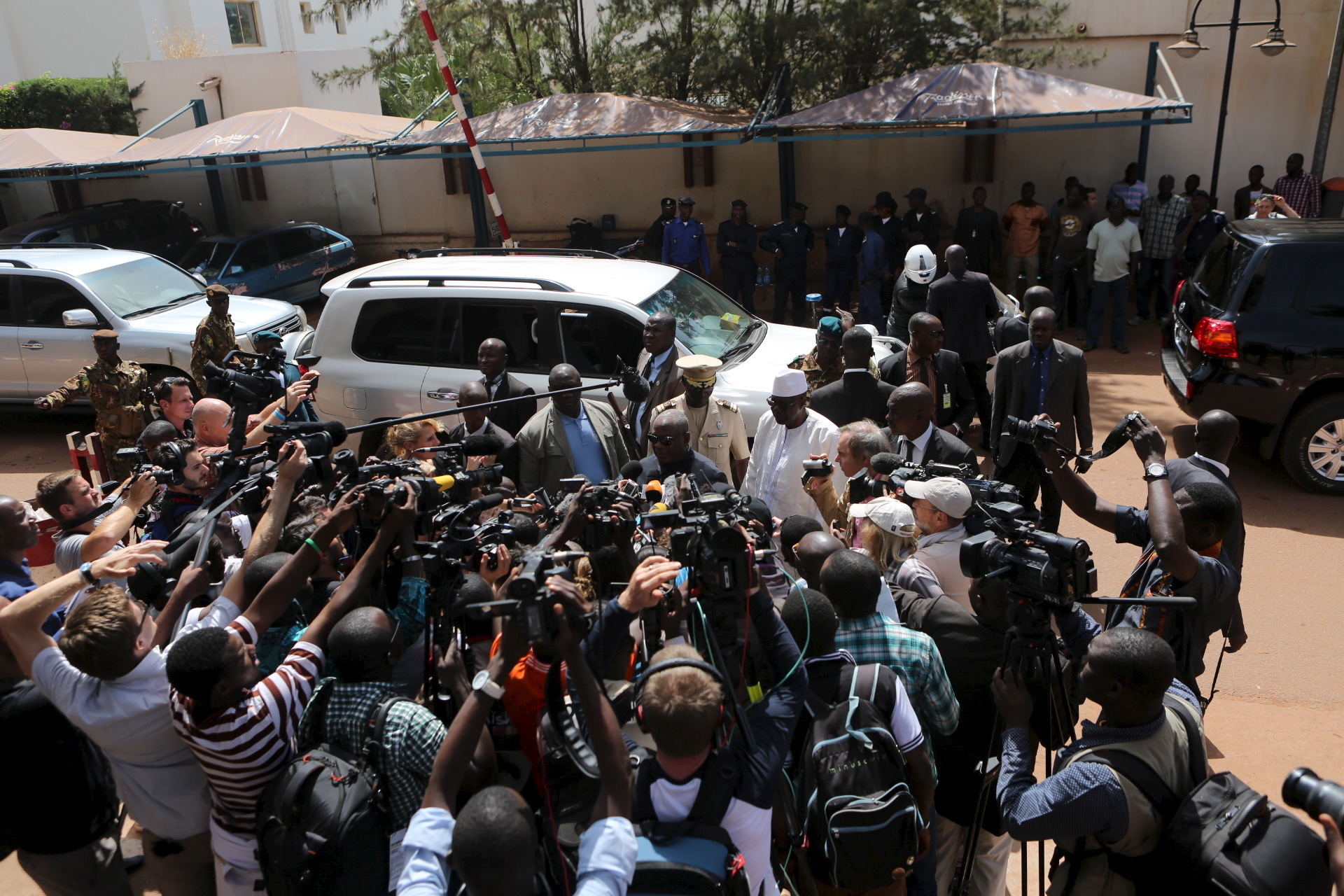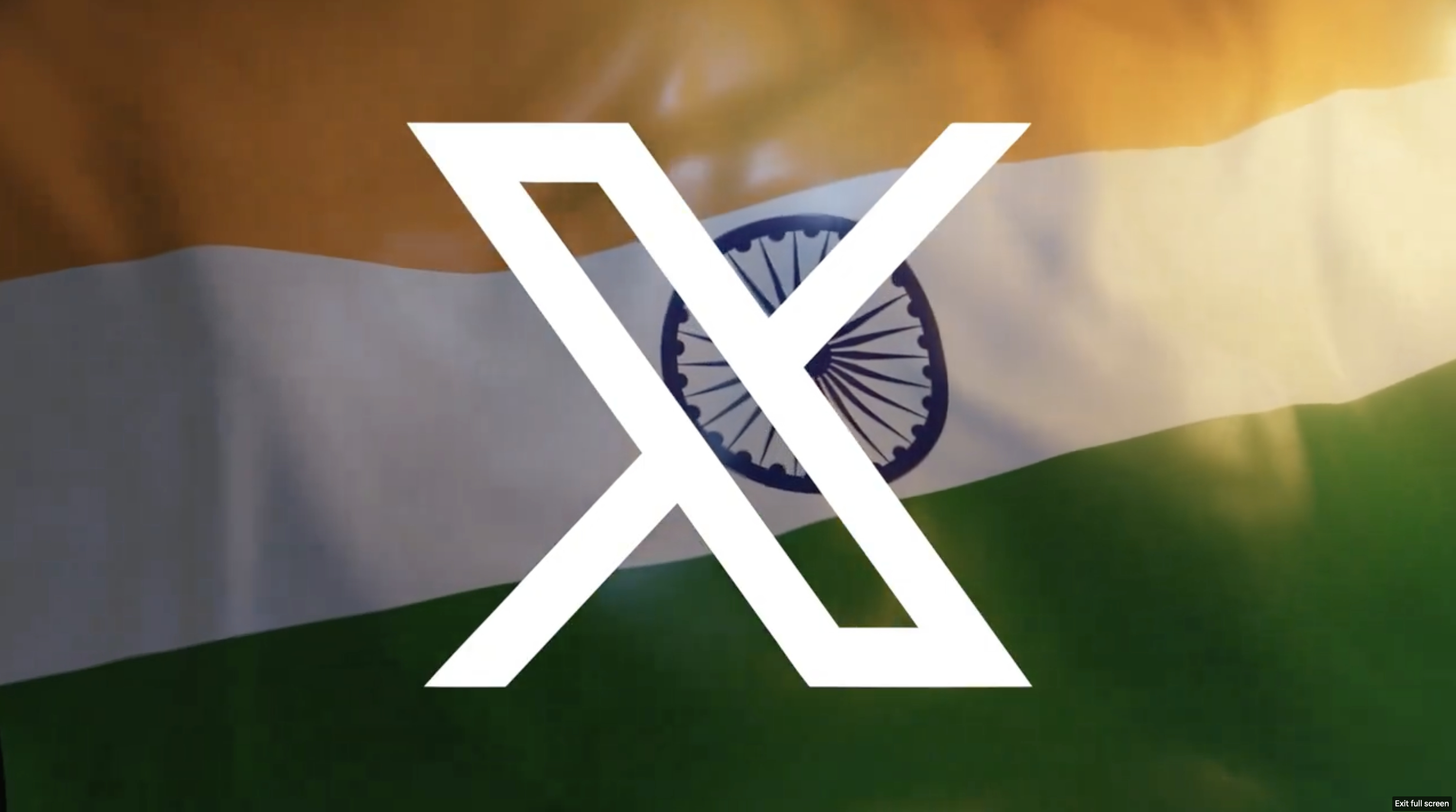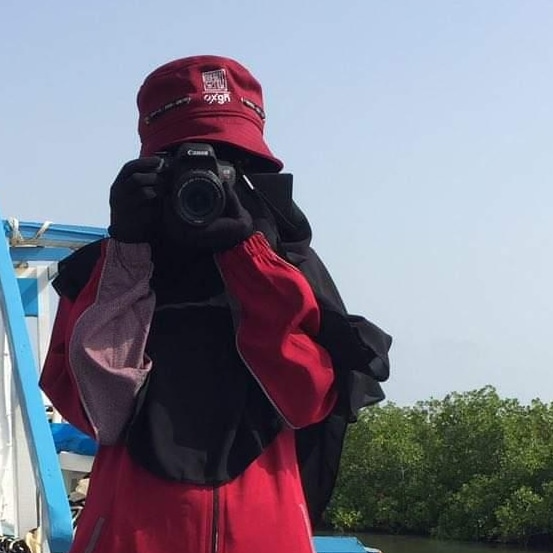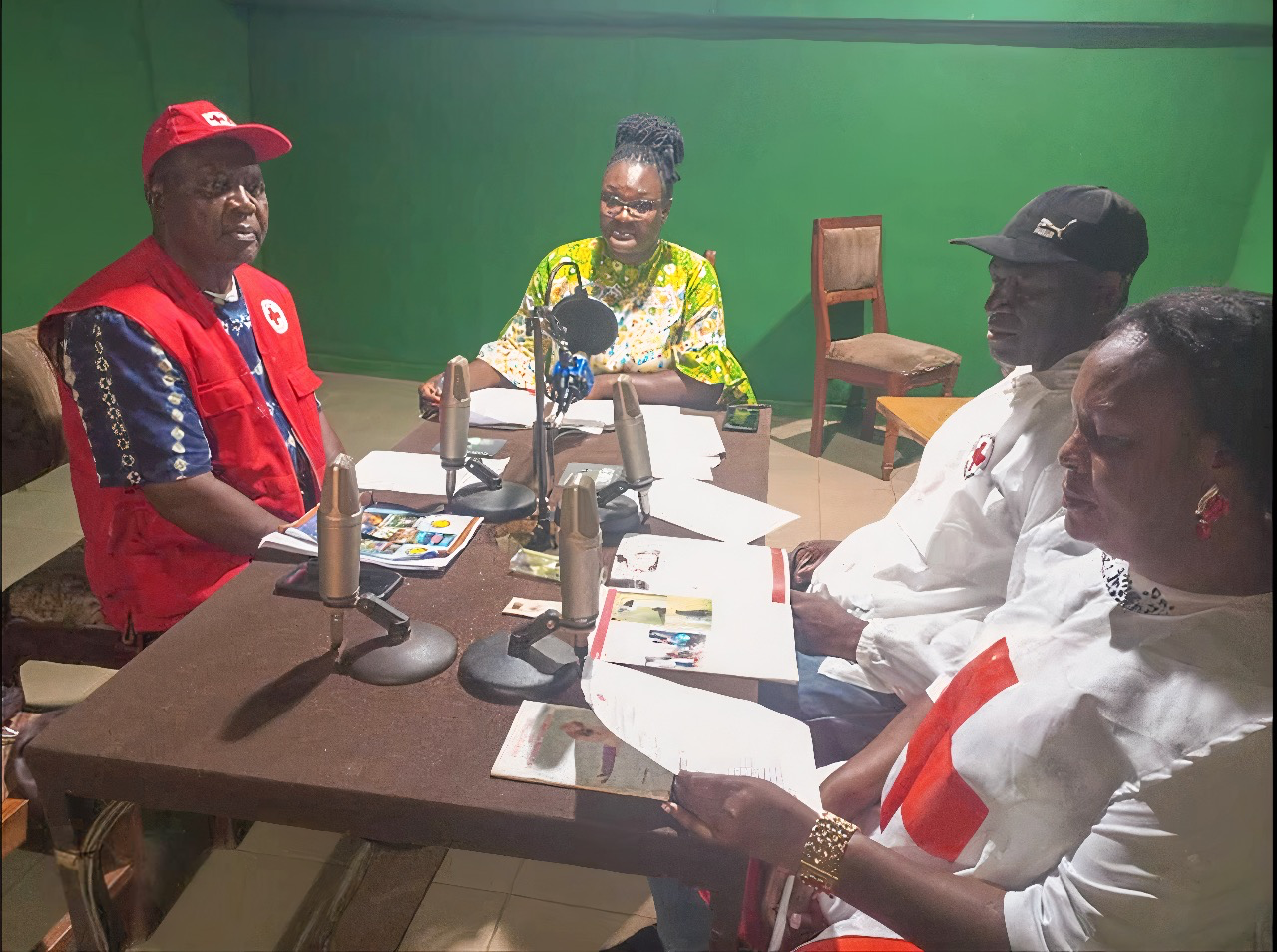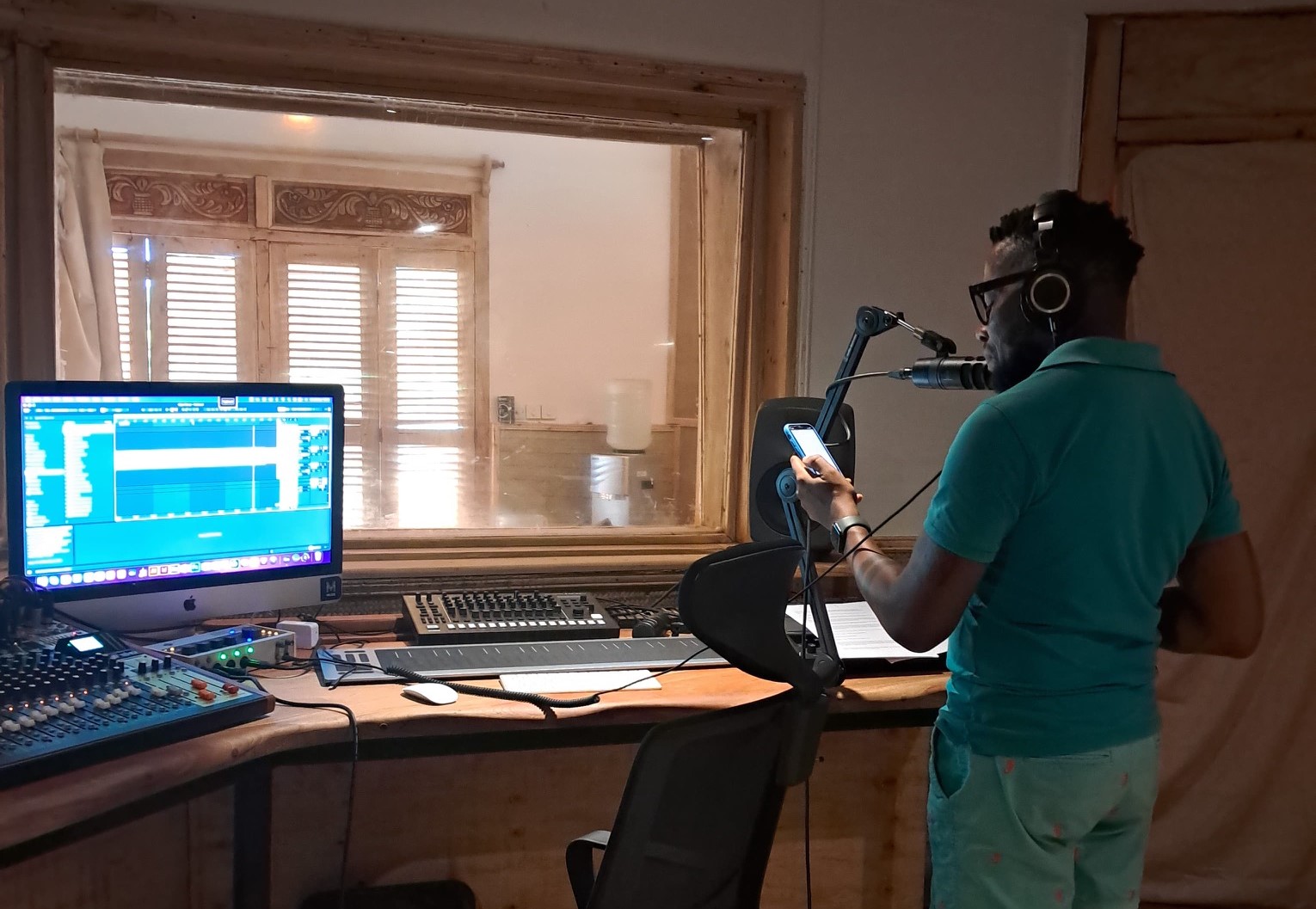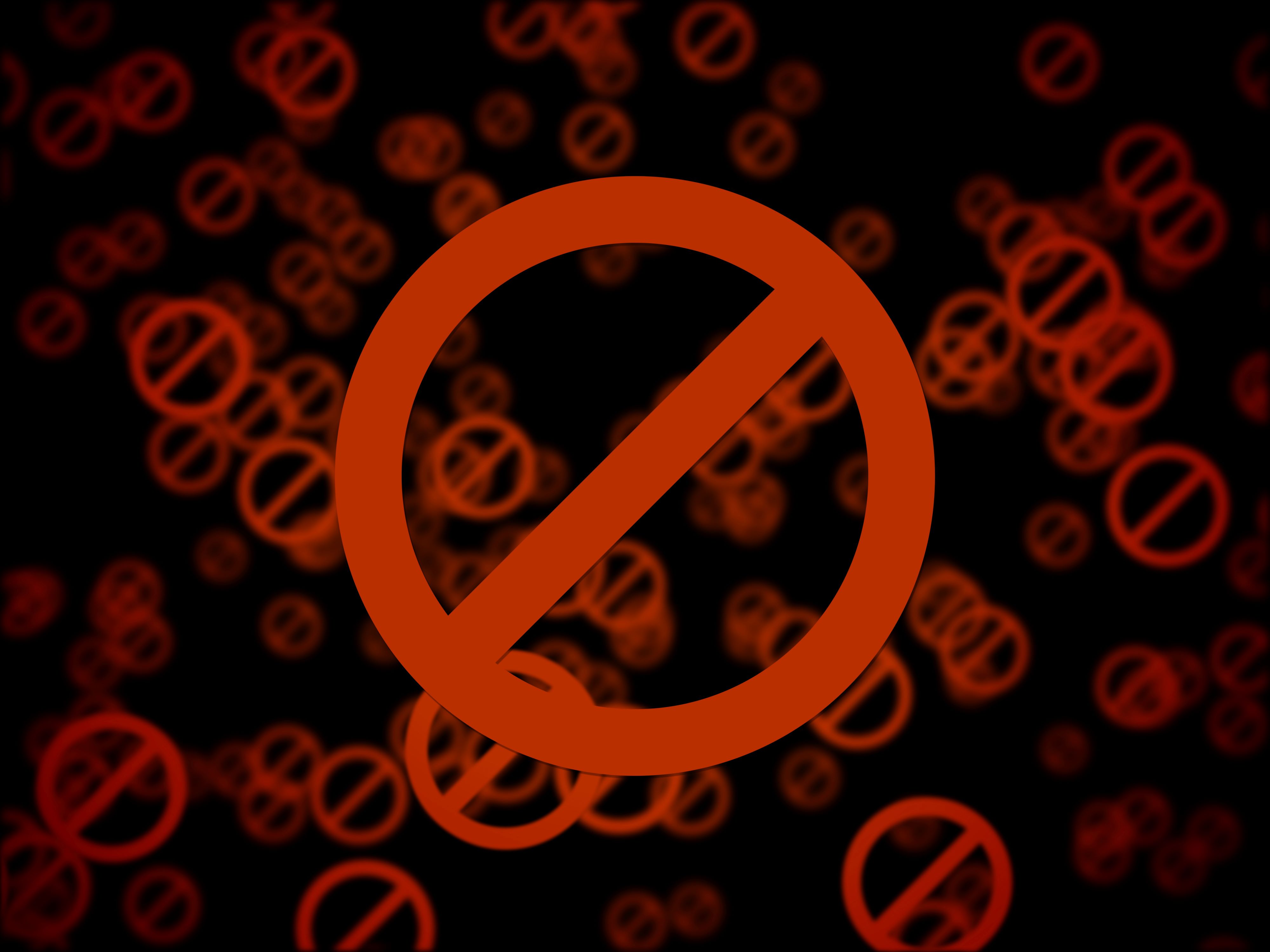Al Jazeera Journalism Review
The BBC Says It’s “Impartial.” But Its Own Staff Say Otherwise
BBC journalists and media professionals accuse the BBC’s leadership — and board member Robbie Gibb in particular — of blocking truthful reporting on Israel/Palestine through censorship, political bias, and a culture of fear that betrays the BBC’s duty to report “without fear or favour.”
Philippine Activists Fight Archive Erasure and Revive Dictatorship-Era Memories
In the Philippines, archivists fight to preserve evidence of the country’s bloodied past, in hope that it will provide lessons for the future.
‘A Massacre Unlike Any Before’: French Journalists Break Silence on Colleagues Killed in Gaza
Leading French and international institutions—foremost among them Reporters Without Borders and Agence France-Presse—have signed a letter published in Le Monde condemning the Israeli occupation’s actions against Palestinian journalists. In an unprecedented tone, journalists described the ongoing events as a 'massacre' unparalleled in the history of the profession.
Is India Targeting Independent Media Through Tax Status Revocation?
In a move that’s sent shockwaves through India’s independent media landscape, tax authorities have revoked The Reporters’ Collective's non—profit status, claiming journalism doesn’t serve a “public purpose.” Critics warn this unprecedented action, echoed in similar crackdowns on other outlets, is part of a broader campaign to throttle investigative journalism and stifle dissent financially.
The Occupation’s War on Journalism in the West Bank
Every day here is a turning point; every moment, every step outside the house could mean returning safely—or not. A journalist may be injured or arrested at any time.” This statement by journalist Khaled Bdeir succinctly captures the harsh reality of practicing journalism in the West Bank, particularly after October 7.
Why Are Journalists Being Silenced in Kashmir?
Since the revocation of Article 370 in 2019, press freedom in Indian-administered Kashmir has sharply declined, with local journalists facing harassment, surveillance, and charges under anti-terror laws, while foreign correspondents are denied access or deported for critical reporting. These measures, aimed at controlling the region’s narrative and projecting normalcy, have drawn widespread criticism from international watchdogs, who warn of increasing suppression of both domestic and foreign media.
MSNBC Deletes Interview with Journalist Criticising Western Media’s Bias Towards Israeli Narrative
MSNBC deleted an interview with journalist Jeremy Scahill after he criticised American media’s biased portrayal of Israeli actions in Gaza, condemning the framing of civilian casualties as "self-defence." Scahill argued that any discussion of Gaza’s leaders must address the broader context of occupation and longstanding injustices faced by Palestinians.
Voting in a Time of Genocide
The upcoming U.S. presidential election occurs against the backdrop of the ongoing genocide in Gaza, with AJ Plus prioritising marginalised voices and critically analysing Western mainstream media narratives while highlighting the undemocratic aspects of the U.S. electoral system.
Failing Gaza: Pro-Israel Bias Uncovered Behind the Lens of Western Media
Journalists at CNN and the BBC expose the inner workings of their newsrooms, a year into Israel’s war on Gaza.
Guns, Threats, and Poverty: The Daily Struggles of an African Journalist
The welfare of African journalists continues to deteriorate, from poor wages to security risks, arrests, detention, and even death. This common, ongoing trend generally affects the wellbeing of journalists during their discharge of duties, and these overlooked difficulties tend to affect the quality and output of their work.
Monitoring of Journalistic Malpractices in Gaza Coverage
On this page, the editorial team of the Al Jazeera Journalism Review will collect news published by media institutions about the current war on Gaza that involves disinformation, bias, or professional journalistic standards and its code of ethics.
India’s Social Media Crackdown; Broader Implications for Journalism
India’s crackdown on X-Twitter accounts documenting hate crimes highlights the increased risks faced by journalists who report on these issues. The suppression of such accounts significantly hampers the ability of journalists to access and report critical information on hate crimes.
Challenges for Female Journalists in Crisis Zones of Cameroon
Testimonies of what female journalists in Cameroon are facing and how they are challenging these difficulties.
Are Podcasts the Future of African Broadcasting?
The surge of podcasts across Africa is a burgeoning trend, encompassing a wide array of themes and subjects, and swiftly expanding across various nations.
A Report on Systematic Retaliation Against Journalists Criticizing the War on Gaza
A report from the National Writers Union details incidents and testimonies about approximately 100 journalists who faced retaliatory actions from their institutions due to their positions on the ongoing Israeli war on Gaza and their public criticism of the mainstream Western media's failure to adequately cover this war.





